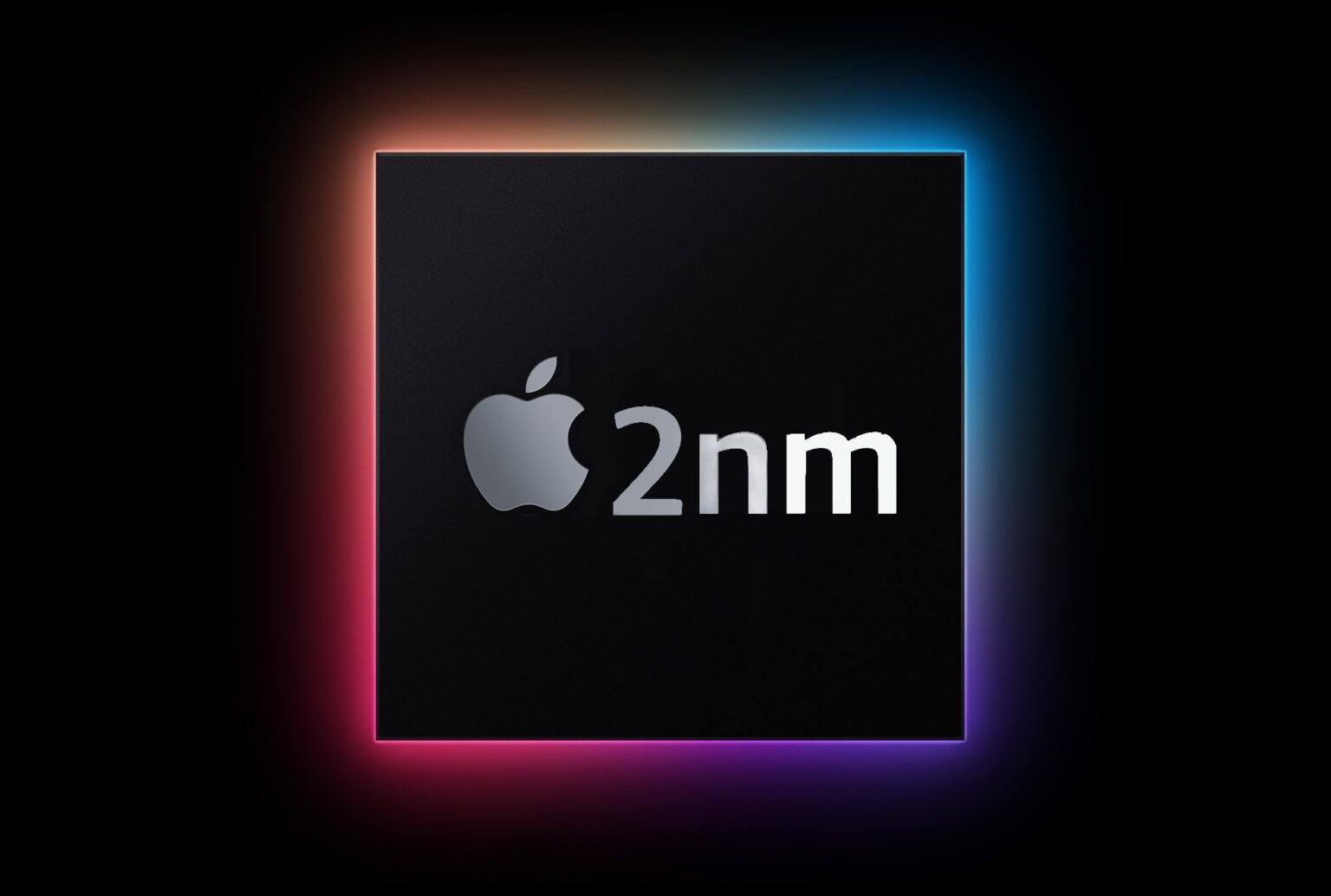iPhones will continue getting smaller, faster and more efficient processors for years to come. TSMC, the company that manufactures all Apple’s chips, says it should be able produce processors in 2025 that are an amazing 2nm. These should make today’s fastest Macs and iPhones look like slugs in comparison.
Rival Intel is working hard to keep up. It says it’ll pass TSMC in a few years – but it’s missed plenty of similar self-imposed deadlines over the years.
TSMC and Intel prep 2nm processors
Much of the effort in developing new processors goes into decreasing the size of the components and the distance between them. Packing these into less space makes room for more transistors. That means faster performance and less wasted heat, saving power.
Currently, the Taiwan-based company TSMC is better at this than any rival. And it’s getting ready with improved versions of its chips. It’s best is 5nm, but “TSMC has set a timetable to move its 2nm GAA process to production in 2025,” reports Digitimes.
To understand how amazingly small that is, 2nm is narrower than the width of your DNA. And getting this tiny won’t be easy. The company has been doing research and development on 2nm chips since 2020.
At this point, Intel is trailing, But it might pass TSMC in a couple of years. Intel set out a product roadmap that includes 2nm chips in 2024, and even smaller ones in 2025. But this is the same company that had to delay its release of 10nm and 7nm chips. It could happen again.
IBM is in the fight, too. It claims the 2nm processor it has in development will have 45% better performance while using 75% less power than a 7nm chip.
Apple/TSMC and Intel: Two paths to the same goal
For about a decade, Mac and Windows both used Intel processors. Then Apple switched to the M series in 2020. And it’s not going back. So a comparison between the two processor families is mostly about bragging rights.
Intel and Apple/TSMC chips use different architectures, so performance differences come down to more than which company can pack more transistors into the tiniest area. Still, it is an important part of the competition.
As it stands now, Intel offers high-end processors with better performance than Apple/TSMC can match. But the M series uses less power to provide excellent performance, making them ideal for MacBook and iPad.
That’s why when Apple put the M1 in the MacBook Air, it blew away every other notebook then on the market. But it’s also why the Mac Pro still uses an Intel processor: Apple/TSMC can’t make one comparable to the best Intel Xeon chips.
But to keep up, TSMC needs to be able to keep improving Apple chips. Otherwise, it’ll get left behind by Intel. The move to a 2nm process is an important part of that.
The ever-shrinking iPhone processor lives on
Apple designs the processors for iPhone, Mac and iPad but TSMC produces the chips. And the Taiwanese company has been able to shrink the components of Apple’s chips every year or two.
The A9 used a 16 nm process, the A11 used a 10nm process, the A13 was made with a 7nm process and the A15 chip in the iPhone 13 uses a 5nm process. The upcoming A16 is expected to use a 4nm process.
With the switch to Apple’s M series, Macs get to take advantage of the improvements in chips, too. The M1 uses a 5nm process, and the rumored M2 is expected to use a 4nm one.
TSMC is almost ready to start making 3nm processors. Apple will be one of the first companies to get chips made with this production process, according to Digitimes.


